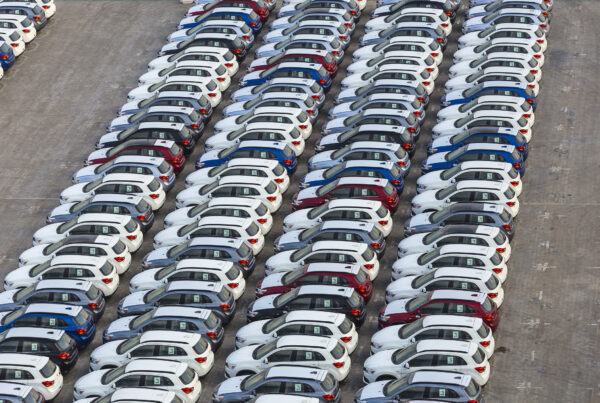New vehicle sales in Thailand dropped sharply by 26 percent to 52,843 units from 71,551 units the previous year in February, according to data from the Federation of Thai Industries (FTI).
Notably, this data did not include some key brands like BMW and Mercedes-Benz. The market has been declining for over a year, despite a brief recovery from the COVID-19 pandemic, with sales falling by 9 percent to 775,780 units in 2023.
Despite this, Thailand remains the largest vehicle producer in Southeast Asia, making it the third-largest market after Indonesia and Malaysia.
The decrease in sales is mainly due to challenges faced by consumers and small businesses, with the central bank raising interest rates from 0.5 percent to 2.5 percent over the past 18 months.
Additionally, vehicle finance companies have increased their rates and made it harder to get loans, which has further affected people’s ability to buy vehicles. In the first two months of 2024, sales were down by 21 percent to 107,657 units compared to the same period last year, with weak demand for pickup trucks being a contributing factor.
There has also been a significant slowdown in the demand for traditional gasoline-powered cars, with sales dropping by 41 percent last month. However, interest in electric vehicles from China is growing.
Most electric cars sold in Thailand are currently imported from China, but local production is expected to increase later this year. Chinese electric cars are expected to be a highlight at the Bangkok International Motor Show, with discounts being offered by major players.
Vehicle production in Thailand decreased by 15 percent to 275,792 units in the first two months of the year, while exports remained slightly lower at around 176,000 units. Despite these challenges, the FTI predicts a 3 percent increase in vehicle production to 1.9 million units in 2024.
The government has recently announced new incentives to encourage the sale of electric commercial vehicles, such as trucks and buses, to support local production and create a domestic supply chain.
Did you find this article interesting? Click the ‘heart’ button above to give it a ‘like’!


















